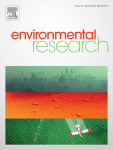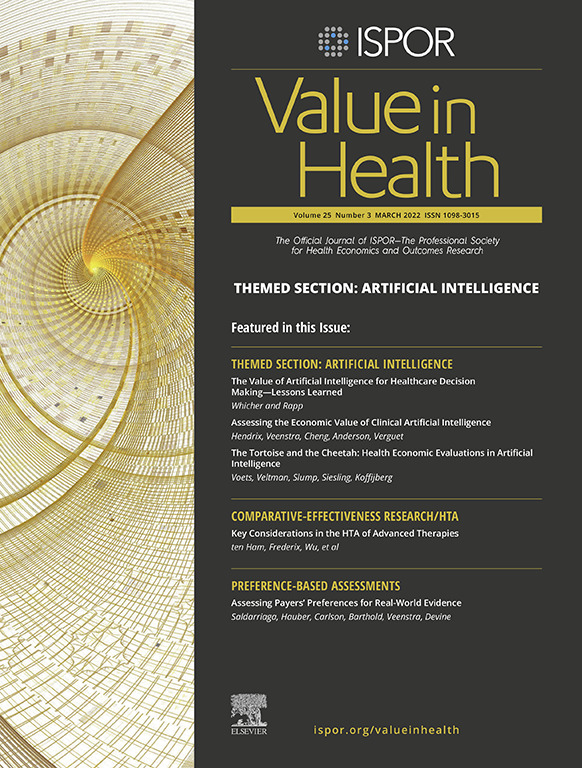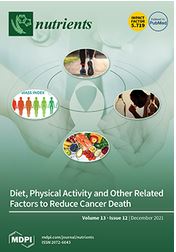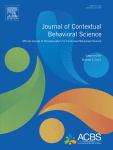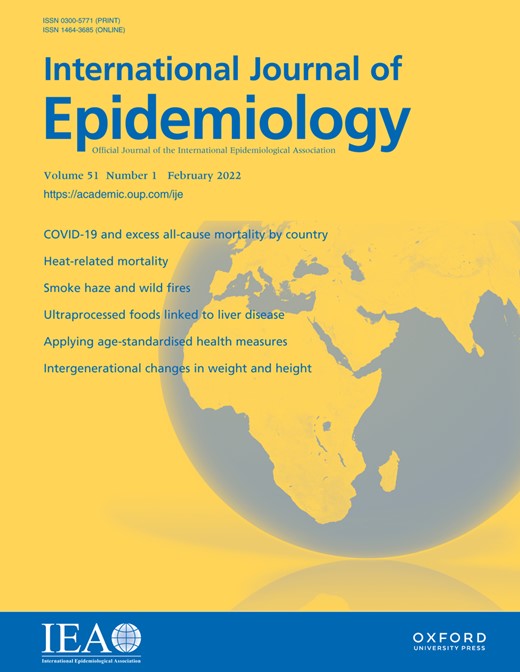The spread of SARS-CoV-2 in Spain: hygiene habits, sociodemographic profile, mobility patterns and comorbidities
COVID-19 constitutes the largest pandemic in the last 100 years. In view of the rapid spread of the virus, it is necessary to study the sociodemographic characteristics, hygiene habits, activity and mobility, and comorbidities of SARS-CoV-2 infection to be able to implement prevention strategies. For this purpose, a survey including the variables of interest was…



